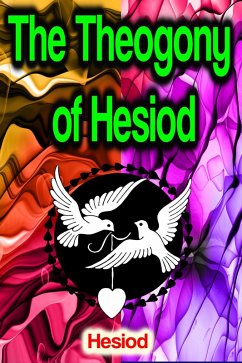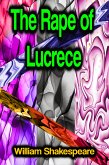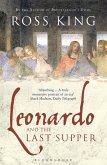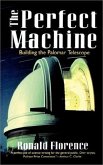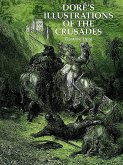The Theogony of Hesiod Hesiod - The Theogony is essentially a large-scale synthesis of a vast variety of local Greek traditions concerning the gods and the universe, organized as a narrative that tells about the creation of the world out of Chaos and about the gods that shaped the cosmos. To some extent, it represents the Greek mythology equivalent of the book of Genesis in the Hebrew and Christian "Bible", as it lists the early generations and genealogy of the gods, titans and heroes since the beginning of the universe.Interestingly, Hesiod claims in the work that he (a poet, and not some mighty king) had been given the authority and responsibility of disseminating these stories by the Muses directly, thus putting himself almost in the position of a prophet.In formal terms, the poem is presented as a hymn in 1,022 lines invoking Zeus and the Muses, in the tradition of the hymnic preludes with which an ancient Greek rhapsode would begin his performance at poetic competitions. The final written form of the Theogony was probably not established until the 6th Century BCE, however, and some editors have concluded that a few minor episodes, such as the Typhoeus episode in verses 820-880, is an interpolation (a passage introduced later).It should perhaps be seen not a definitive source of Greek mythology, but rather as a snapshot of a dynamic tradition of myths as it stood at that particular time. Greek mythology continued to change and adapt after this time, and some of the stories and attributes of the various gods have likewise transformed over time.
Dieser Download kann aus rechtlichen Gründen nur mit Rechnungsadresse in A, B, BG, CY, CZ, D, DK, EW, E, FIN, F, GR, H, IRL, I, LT, L, LR, M, NL, PL, P, R, S, SLO, SK ausgeliefert werden.

